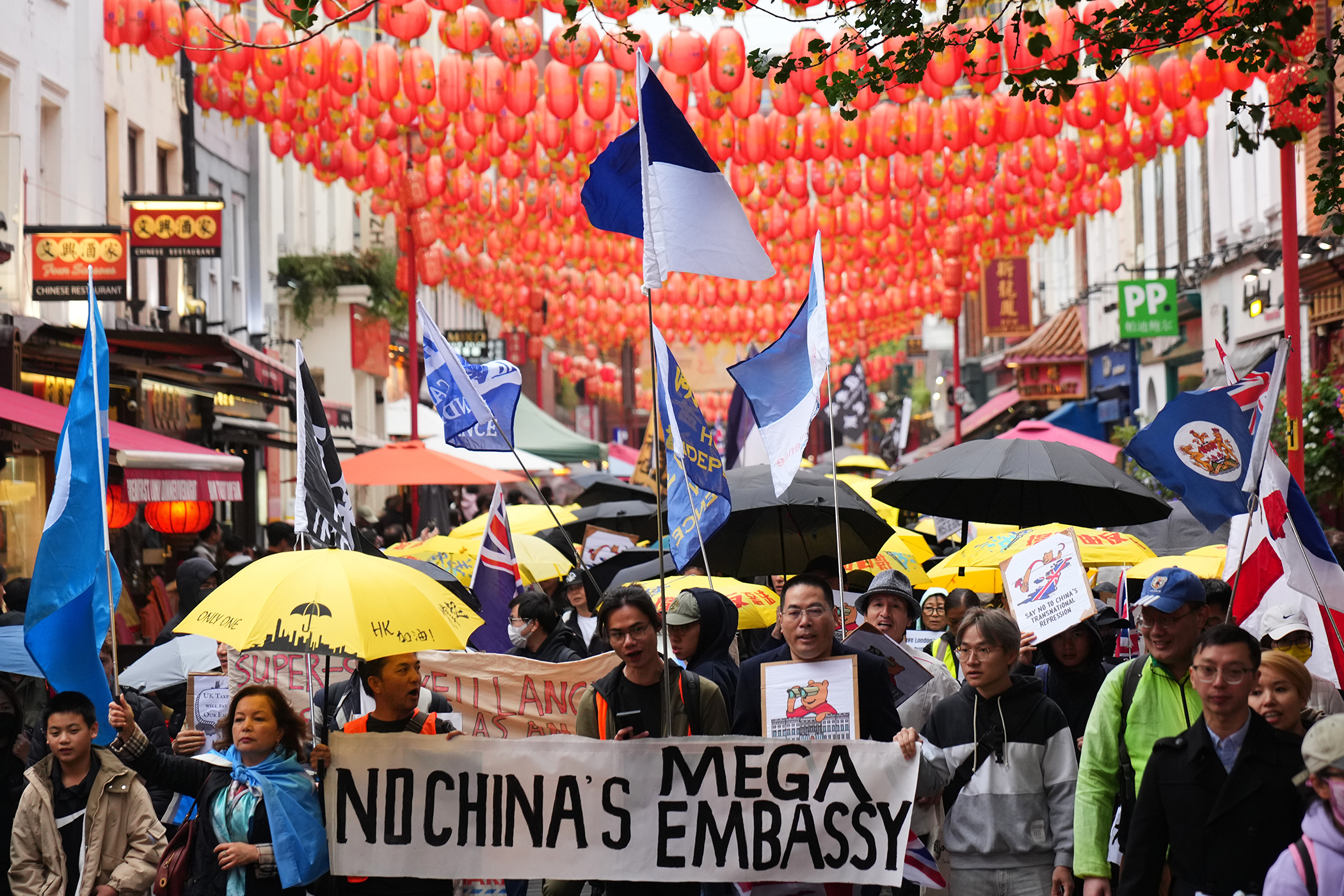In opposition, Labour made a great play of promising an ‘audit’ of Britain’s relationship with China. It was a useful stick with which to beat a Conservative government trapped between backbench hawks and the fading echoes of David Cameron’s desire for a ‘golden era’ of trade and investment.
Since coming into government, Labour has found itself facing familiar problems. Officials across government departments beavered away on the so-called China audit for months – only to find it was sat on by ministers and Downing Street. No one could work out what they wanted to say publicly or when was a good time to say it. In the end, it slipped out in June with minimal detail – no report, just a brief statement in parliament from then-Foreign Secretary David Lammy. "Chinese power is an inescapable fact”, he said, clarifying that the audit was "an ongoing exercise”.
That failure to settle on a clear strategy is now back to bite.
A fear of angering Beijing is claimed to be one reason the government has got itself into a mess over what it could say in court to support the charges against two men accused of spying for China. No one wanted to say out loud that China poses a national security threat.
And yet security and intelligence officials have not been shy of describing what that threat looks like. In 2023 the head of MI5 told me in an interview that his service had seen a “sustained” campaign of espionage “on a pretty epic scale”. The previous head of MI6 placed China top out of the four “big threats” facing the UK.
It is true that China is not in the same category as Russia, which has unleashed sabotage and mayhem in the form of arson and nerve agent attacks.
Instead Beijing occupies the space of traditional espionage– the kind the west does against China and which should come as no surprise – with added emphasis on stealing economic secrets and intellectual property. It has also been active in what is known as “transnational repression” – targeting dissidents overseas, including those who have come to the UK from Hong Kong, who have had bounties placed on their heads and who have been subject to surveillance.
But China poses a challenge beyond spying. Many many security concerns relate to the risk that the UK becomes dependent on its technology or that its exports may give Beijing leverage. The problem is that in In the drive for economic growth, Chinese trade and investment is sought by parts of the UK.
The next flashpoint in this ongoing dilemma will be the much-delayed decision on whether to approve the building of a new Chinese Embassy at what was once the Royal Mint. China hawks have asked whether the site could pose security risks, including the ability to tap sensitive cables running underground.
The reality is that most of the risks of cable-tapping can be easily mitigated by GCHQ and MI5 – and China doesn’t need physical access to cables to grab data. That was made clear last year when the US revealed a major cyber-espionage campaign, codenamed “Salt Typhoon”. Hackers had used telecoms networks to collect phone calls, text messages and other data from targeted individuals, including, it was thought, senior politicians and officials. What was surprising was that it took a full year for the UK to follow suit. After months of discussions behind the scenes, the National Cyber Security Centre, an arm of GCHQ, finally said it had seen “a cluster of activity” in the UK. It blamed Chinese intelligence – but only in a joint statement this summer with 12 other countries, perhaps hoping there was safety in numbers.
Newsletters
Choose the newsletters you want to receive
View more
For information about how The Observer protects your data, read our Privacy Policy
The real issue with the embassy is one of symbolism as much as security. Turning a huge, historic building in the heart of London into one of the largest diplomatic outposts of any country in Europe is an unmistakable message about how the UK views China. Beijing knows that and will pile on the pressure, especially with trade based ministerial visits on the horizon.
Unless this government can succeed where previous governments have failed and find a coherent approach to China last week’s problems won’t be the last.
Photograph by Joanna Chan/AP


